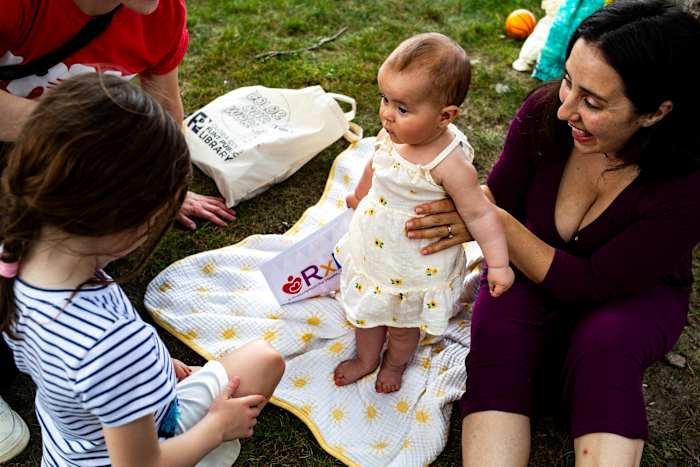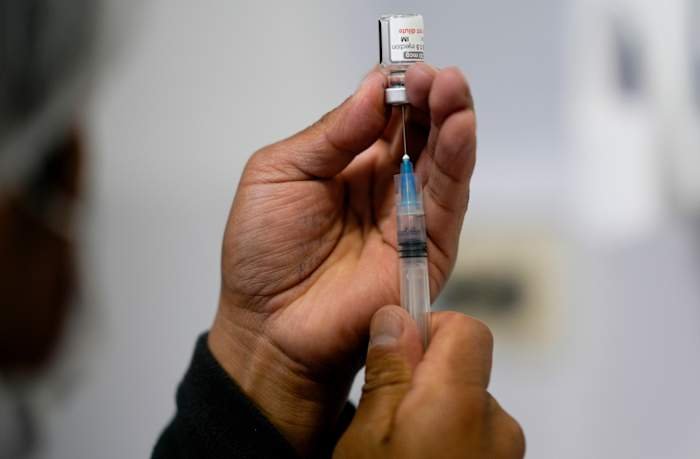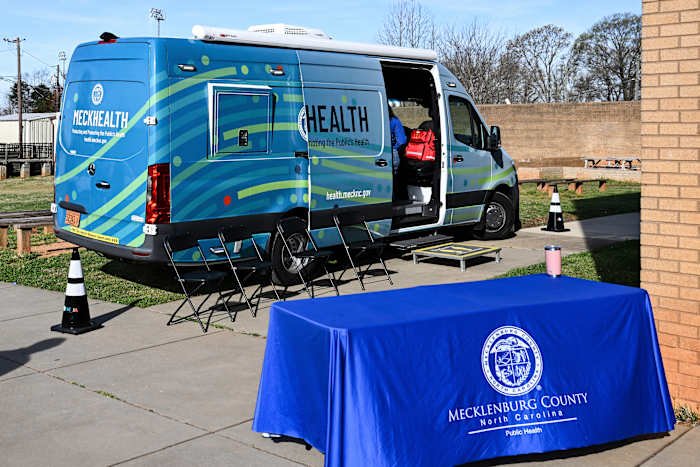Raising a child is one of life’s greatest joys, but for many families, the financial burden can be overwhelming. In Michigan, a groundbreaking bipartisan program is tackling this challenge head-on by providing new mothers with no-strings-attached cash payments. As cities across the United States, including Orlando, grapple with supporting young families, Michigan’s innovative approach could serve as a model for meaningful change right here in Central Florida.
Understanding Michigan’s Cash Assistance Program
Michigan’s new initiative, launched in early 2024, provides thousands of dollars in direct cash assistance to mothers shortly after childbirth. Unlike traditional welfare programs that often come with complex eligibility requirements and spending restrictions, this program gives recipients complete freedom to use the funds as they see fit—whether it’s covering rent, buying diapers, or paying for childcare. The program is funded through a combination of state resources and philanthropic support and is notable for its bipartisan backing in the Michigan legislature.
By placing trust in mothers and acknowledging their unique financial needs, Michigan’s program aims to reduce stress and improve outcomes for both parents and children during the critical early years of life.
The Rising Cost of Parenting in Orlando
Orlando, like much of the nation, has seen the cost of living rise sharply in recent years. According to the City of Orlando’s Livability Index, expenses related to housing, healthcare, and childcare have outpaced wage growth, leaving many young families stretched thin. Local nonprofit organizations regularly report that new mothers, especially single parents and those from marginalized communities, are among the most vulnerable to economic insecurity.
The situation in Orlando mirrors the challenges faced in Michigan: families face tough choices between paying bills, returning to work sooner than they’d like, or cutting back on essentials. A flexible, cash-based program could provide a vital safety net for Orlando’s growing population of young families.
Why Cash with No Strings Attached Makes a Difference
One of the most transformative aspects of Michigan’s model is the unconditional nature of the payments. Research has shown that direct cash transfers lead to better outcomes than highly regulated aid. When families receive cash, they can prioritize their unique needs, leading to:
- Reduced Financial Stress: Parents are better equipped to manage unexpected expenses, from medical bills to car repairs.
- Greater Child Well-being: With more resources, families can invest in quality childcare, healthier food, and safe housing.
- Improved Maternal Health: Reduced economic pressure in the postpartum period can lower rates of anxiety and depression among new mothers.
This approach has gained traction nationwide, with pilot programs in cities like Stockton, CA, and Jackson, MS, reporting positive results. As policymakers in Orlando look for effective ways to support families, Michigan’s evidence-based, flexible model offers a compelling case for action.
Bipartisan Support: A Path Forward for Florida?
What sets Michigan’s initiative apart is its strong bipartisan backing. Both Republican and Democratic lawmakers recognized the long-term benefits of investing in families, from reducing poverty rates to improving educational outcomes. This unity was key to securing funding and overcoming political roadblocks that often stall similar proposals.
For Florida, and Orlando in particular, bipartisan collaboration could be the key to implementing a similar program. State and local leaders could work together to design a pilot in the Orlando area, drawing on Michigan’s lessons and adapting them to local needs. By involving community organizations, healthcare providers, and business leaders, Orlando could set a precedent for other Florida cities to follow.
What Would a Program Like This Mean for Orlando?
If Orlando were to adopt a cash assistance program for new mothers, the impact could be profound. With nearly 20,000 births annually in the metropolitan area, even a modest pilot could reach hundreds of families each year. Local hospitals, clinics, and nonprofits could help identify eligible mothers, while philanthropic partnerships could supplement public funding.
Beyond the immediate financial relief, such a program could strengthen Orlando’s reputation as a family-friendly city and support its ongoing efforts to reduce child poverty. It would also align with initiatives to improve maternal health, close racial disparities in birth outcomes, and boost early childhood development.
As Orlando continues to grow and diversify, innovative solutions like Michigan’s cash assistance program could pave the way for a more equitable and supportive community for all families.
Conclusion: Should Orlando Take the Leap?
Michigan’s no-strings-attached cash program for new mothers is more than just a policy experiment—it’s a bold statement about trusting and investing in families. As Orlando faces its own challenges with the rising cost of parenting, this model offers hope and inspiration for local leaders seeking real solutions.
What do you think? Should Orlando explore a similar cash assistance program for new mothers? We’d love to hear your thoughts, experiences, and ideas. Please share your comments below and join the conversation!
















